
Loading...

EPR compliance is also done for legal reasons. It develops consumer trust and enables companies to bring themselves into the market.
About the Author

Mahek Sancheti, BAJMC graduate with a deep passion for writing. As a content writer, video content creator, creative content creator, and scriptwriter, I bring stories to life through words and visuals. I honed my skills by working with a prominent news agency, where I excelled in crafting compelling narratives and engaging content. Coming from a journalism and mass communication background I have skills to craft engaging narratives that captivate audiences. With a keen interest in writing and creativity, I aim to deliver impactful and meaningful content that resonates with diverse audiences.
Related articles
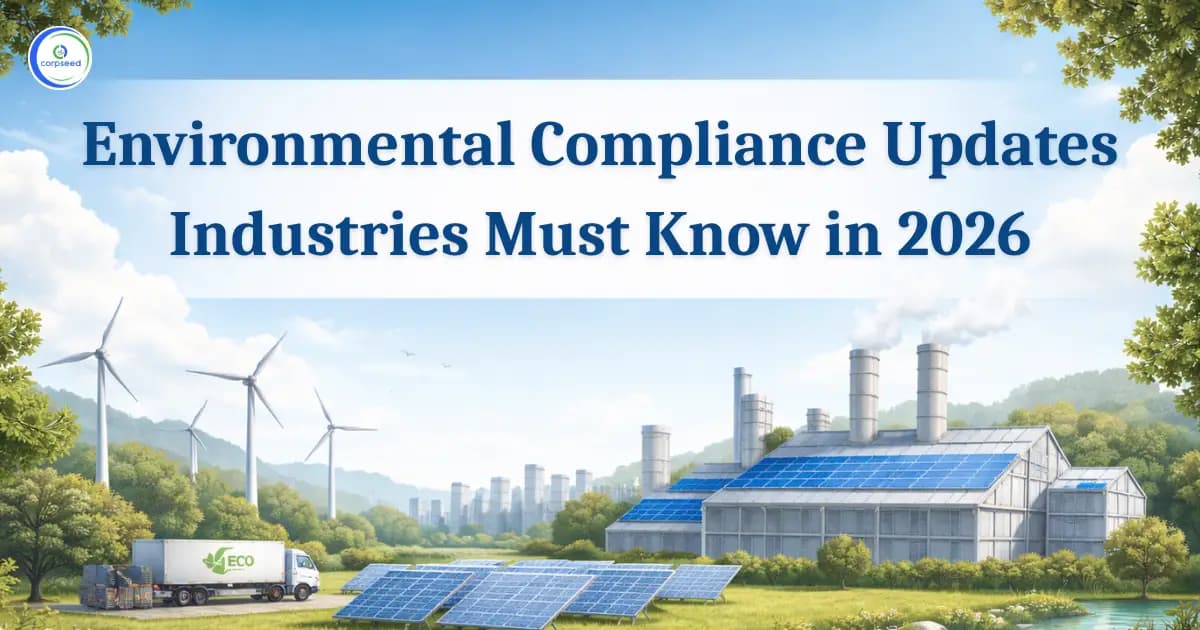
Environmental Compliance Updates Industries Must Know in 2026
2026-02-17
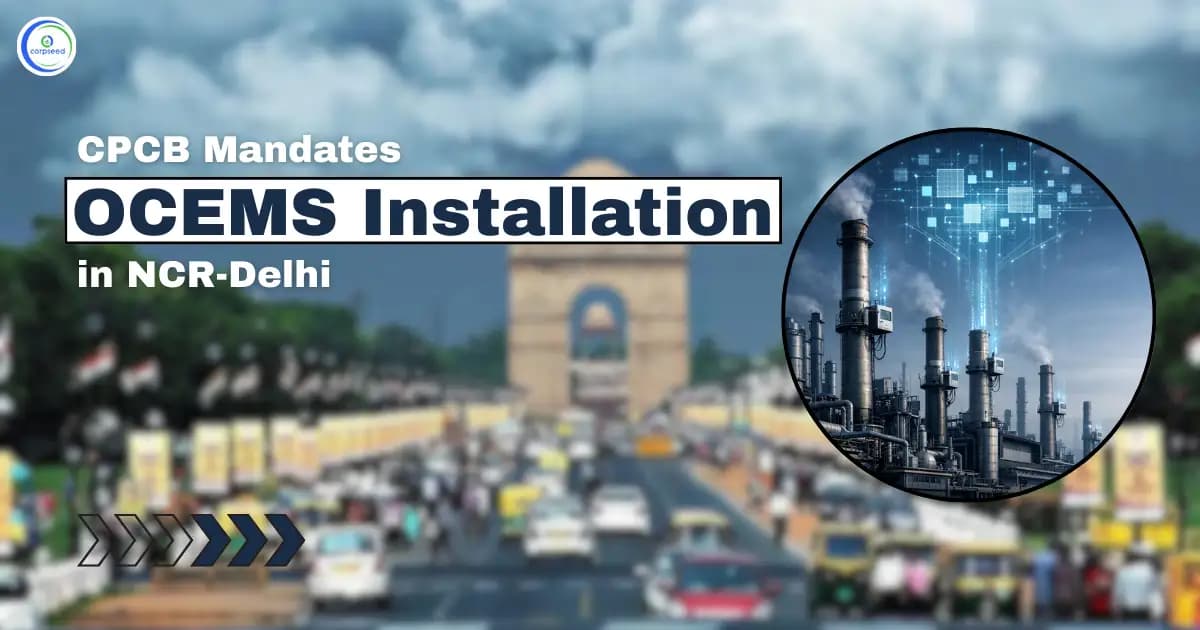
CPCB Mandates OCEMS Installation for Industries in NCR-Delhi
2026-01-28
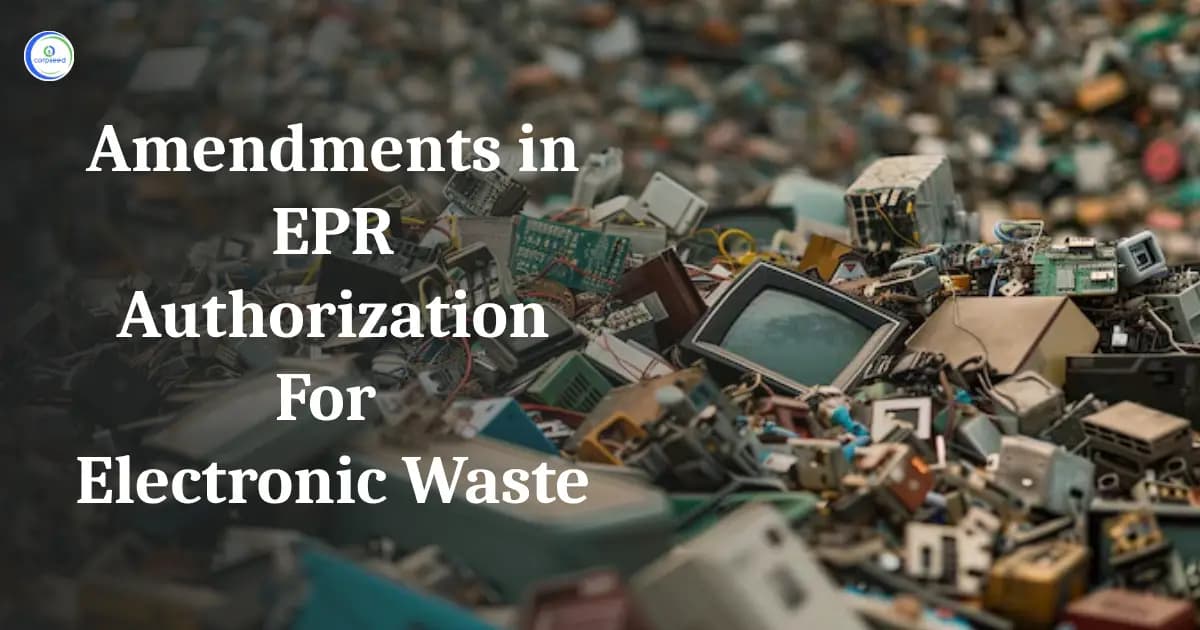
Amendments in EPR Authorization for Electronic Waste
2025-11-07
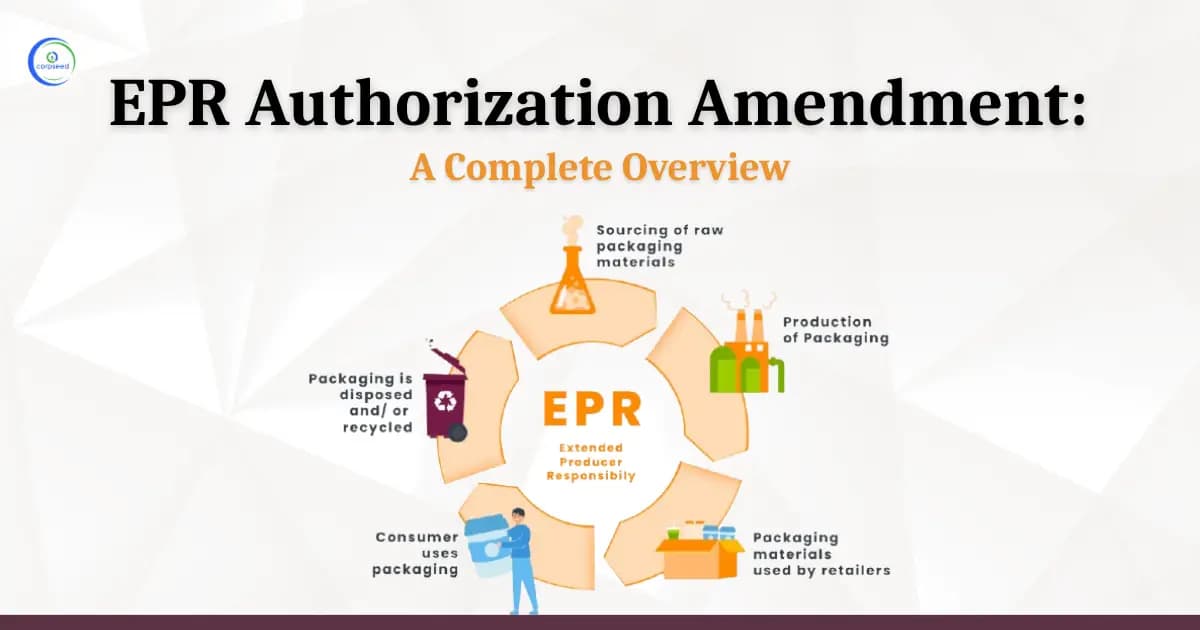
EPR Authorization Amendment: Step-by-Step Overview
2025-10-31
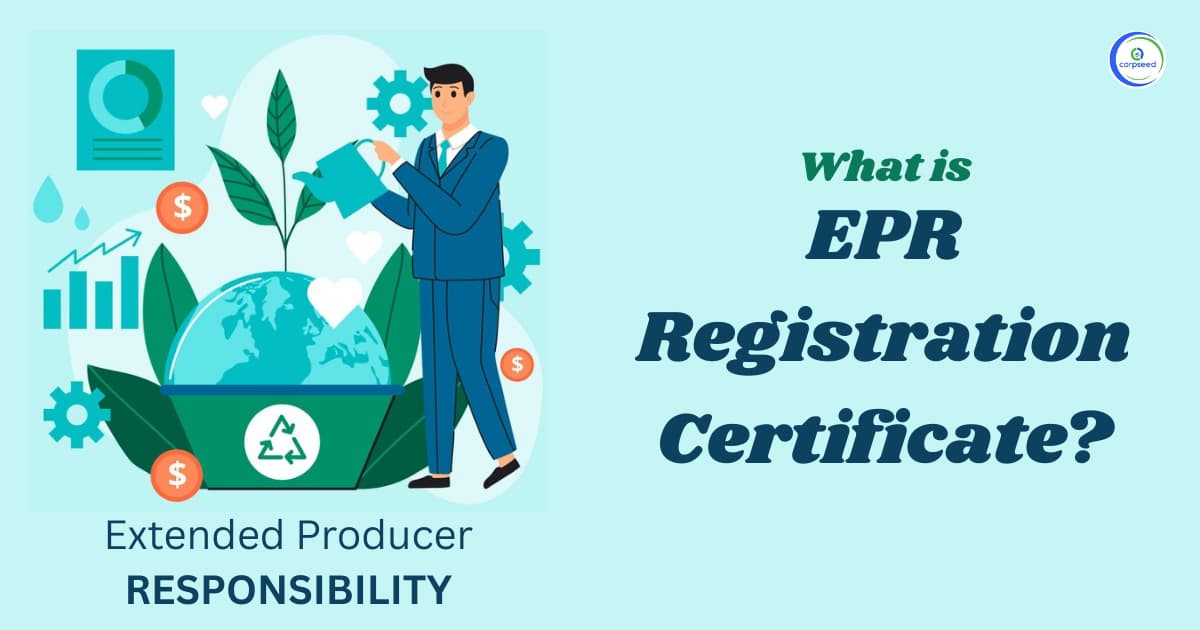
What is EPR Registration Certificate?
2025-08-22
.webp&w=1536&q=75)
How to Start a Biodegradable Packaging Business in India
2025-08-19
Delhi Legal Metrology (Enforcement) Amendment Rules, 2026
2026-02-24 • 0 views
2023-02-27
2026-02-25